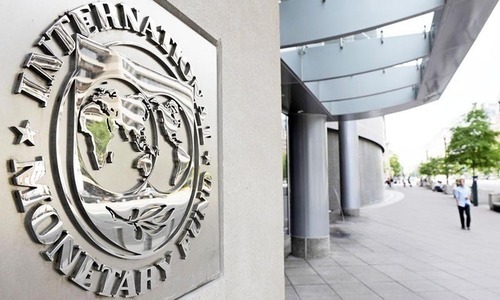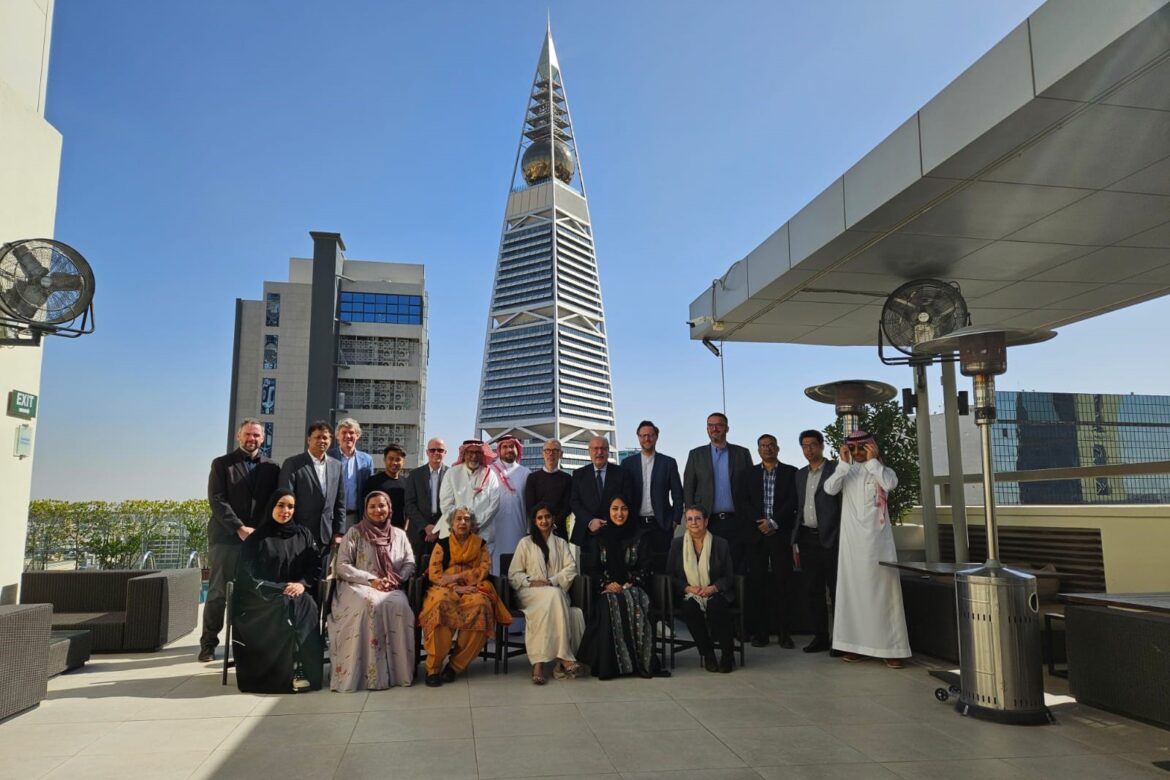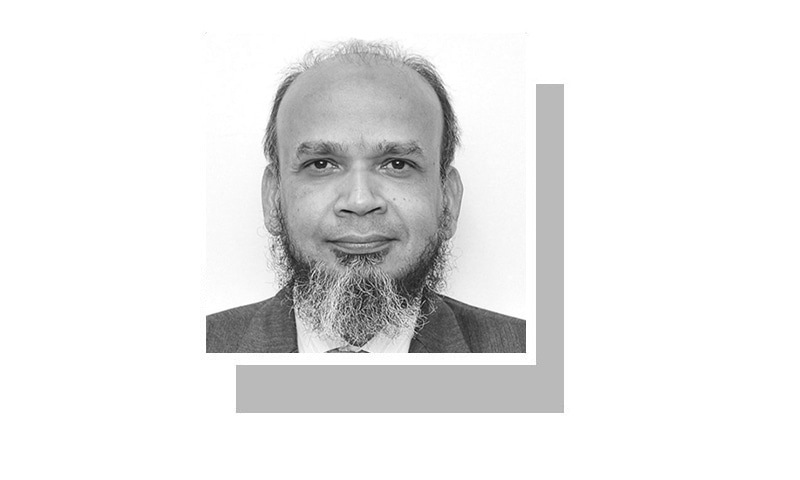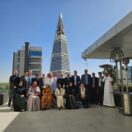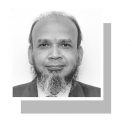By Anwar Iqbal
Published in DAWN on August 04, 2021
WASHINGTON: The International Monetary Fund (IMF) has approved the largest-ever distribution of monetary reserves of $650 billion to boost the global economy and help emerging and low-income nations deal with the mounting debt and Covid-19 crises.
The IMF board of governors met in Washington on Monday and approved this historic allocation, known as Special Drawing Rights (SDR). Pakistan, which has so far had 23 financial arrangements with the IMF, will also benefit from the boost.
The general allocation of SDRs will become effective from Aug 23 this year.
In December 2019, the IMF approved a 39-month Extended Arrangement under the Extended Fund Facility (EFF) for Pakistan in the amount of SDR 4,268 billion, which is about $6bn. This is equivalent to 210 per cent of Pakistan’s quota of SDR 2031 million. The SDR is a basket of mixed currencies made available to member countries.
“This is a historic decision — the largest SDR allocation in the history of the IMF and a shot in the arm for the global economy at a time of unprecedented crisis,” IMF Managing Director Kristalina Georgieva said in a statement announcing the decision.
“The SDR allocation will benefit all members, address the long-term global need for reserves, build confidence, and foster the resilience and stability of the global economy,” she said. “It will particularly help our most vulnerable countries struggling to cope with the impact of the Covid-19 crisis.”
The IMF, the main global institution of monetary cooperation for 75 years, has total resources of about $790bn but its resources can be enhanced by the international reserves of its members. The IMF created the SDR in 1969 to supplement other reserve assets of member countries. The SDR currency basket includes the US dollar, Japanese yen, euro, pound sterling and Chinese renminbi.
SDRs are both assets and liabilities of the IMF. They are allocated to members in proportion to their shares of IMF quotas. A member can transfer SDR to another member and receive credit in a convertible or hard currency.
The current interest rate on this credit is at its minimum of 0.050 per cent. An SDR allocation allows members to reduce their reliance on their limited reserves at a time of crisis at a low interest rate.
Under the IMF’s rules, the SDRs must meet a global need for more long-term reserve assets and can’t fuel inflation. Some nations use it to pay for vaccines and medical equipment. Others may use it for meeting their debt obligations. But some may also hold onto the reserves.
The newly created SDRs will be credited to IMF member countries in proportion to their existing quotas in the Fund. About $275bn of the new allocation will go to emerging markets and developing countries, including low-income countries.
“We will also continue to engage actively with our membership to identify viable options for voluntary channeling of SDRs from wealthier to poorer and more vulnerable member countries to support their pandemic recovery and achieve resilient and sustainable growth,” Ms Georgieva said.
One key option is for members that have strong external positions to voluntarily channel part of their SDRs to scale up lending for low-income countries through the IMF’s Poverty Reduction and Growth Trust (PRGT).
Concessional support through the PRGT is currently interest free. The IMF said it was also exploring other options to help poorer and more vulnerable countries in their recovery efforts. A new Resilience and Sustainability Trust could be considered to facilitate more resilient and sustainable growth in the medium term, the statement added.

